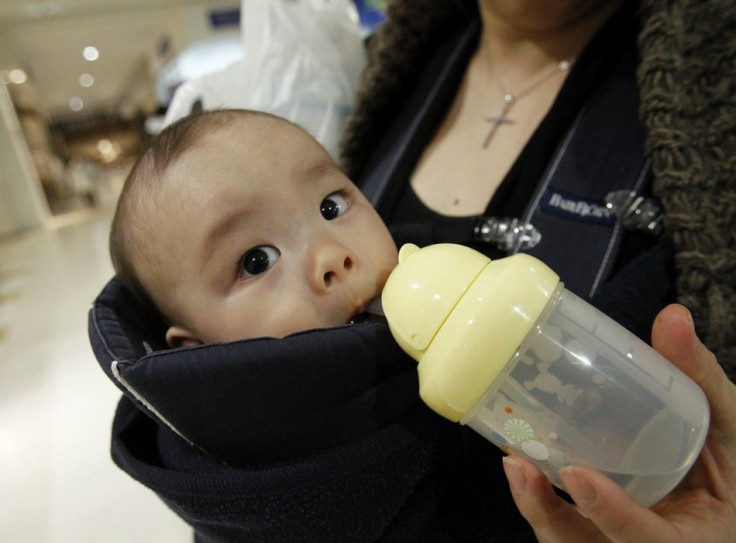Pregnant Japanese women moving westward to Kansai due to radiation fears

Increasing numbers of pregnant women from Tokyo are moving westward into the Kansai area to have their babies due to rising radiation fears.
According to a report in The Japan Times, hospitals in Kansai, which includes the Osaka Prefecture, are also seeing a large influx of pregnant women from the devastated Tohoku region in northeastern Japan – the epicenter of the earthquake-tsunami tragedy.
The fears of radiation leakage from the damaged Fukushima nuclear power plant has already led to reports of higher radiation levels in Tokyo’s tap water, which has prompted other residents to relocate westwards.
The Osaka Prefectural Government said last week that 149 women from Tokyo and Chiba, Kanagawa, Fukushima, and Miyagi prefectures arrived in Osaka hospitals to give birth since the disaster, and predicted the figure could increase. Of that number, 58 were from Tokyo, which reported traces of radioactive iodine in the city water supply.
The Tokyo Metropolitan Government had earlier recommended that infants under the age of one not drink tap water; however this ban was later lifted. However, parts of the Fukushima and Chiba prefectures remain under the advisement against giving babies tap water.
According to reports, Osaka officials believe many more people from eastern Japan may move there. In that event, Osaka government figures may request assistance for maternity care and other services.
Among the options being considered is placing a limit of 10,000 earthquake evacuees the area will accept.
The governor of Osaka Toru Hashimoto said last week: The 10,000 evacuees would not be living in temporary housing. There are prefectural and municipal housing units available. But it wouldn't be a problem to accept that many. The Osaka mayor has also suggested that the city's Intex Osaka exhibition halls, near the port, could be used to house people.”
However, there are concerns about a lack of doctors, nurses and other medical personnel to handle the expected influx of pregnant women as well a displaced people who may also need medical assistance.
Osaka Prefecture, which has a population of almost 9-million, only has about 13,000 doctors representing 40 different specialties — including 570 maternity specialists — at 629 hospitals and clinics, according to a report by a government ministry. There are also only 309 doctors who specialize in emergency medicine, or about one for every 28,479 residents.
© Copyright IBTimes 2025. All rights reserved.





















